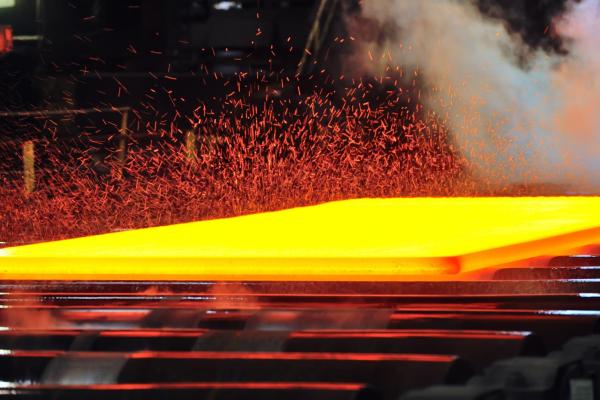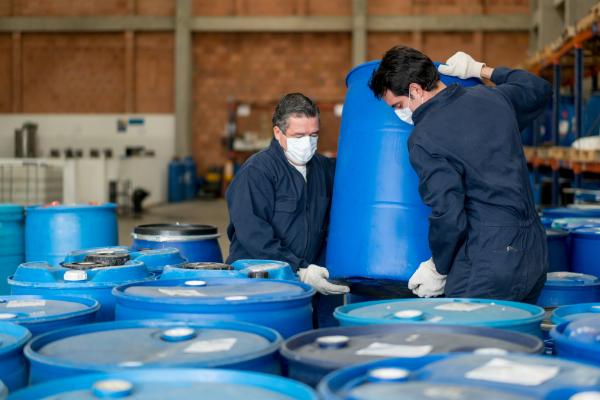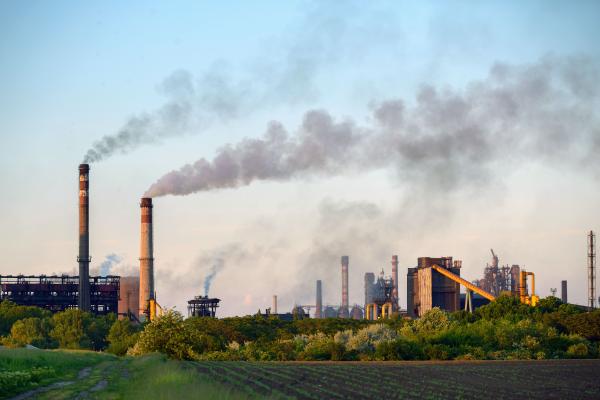Overview
Around 60,000 large industrial facilities are operating in the EU. Under the Industrial Emissions Portal Regulation (IEPR), industrial operators for these sites are required to report on significant emissions and the use of resources.
The EU aims to improve transparency in data reporting by collecting and disseminating information on the amounts of industrial pollutant releases, off-site transfers of waste and pollutants in wastewater, as well as the consumption of energy, water and key raw materials.
The Industrial Emissions Portal Regulation (IEPR) replaces the European Pollutant Release and Transfer Register Regulation (E-PRTR). It provides public access to key environmental data from industrial facilities in EU Member States, Iceland, Liechtenstein, Norway, Switzerland, Serbia and the UK through the Industrial Emissions Portal (the Portal).







